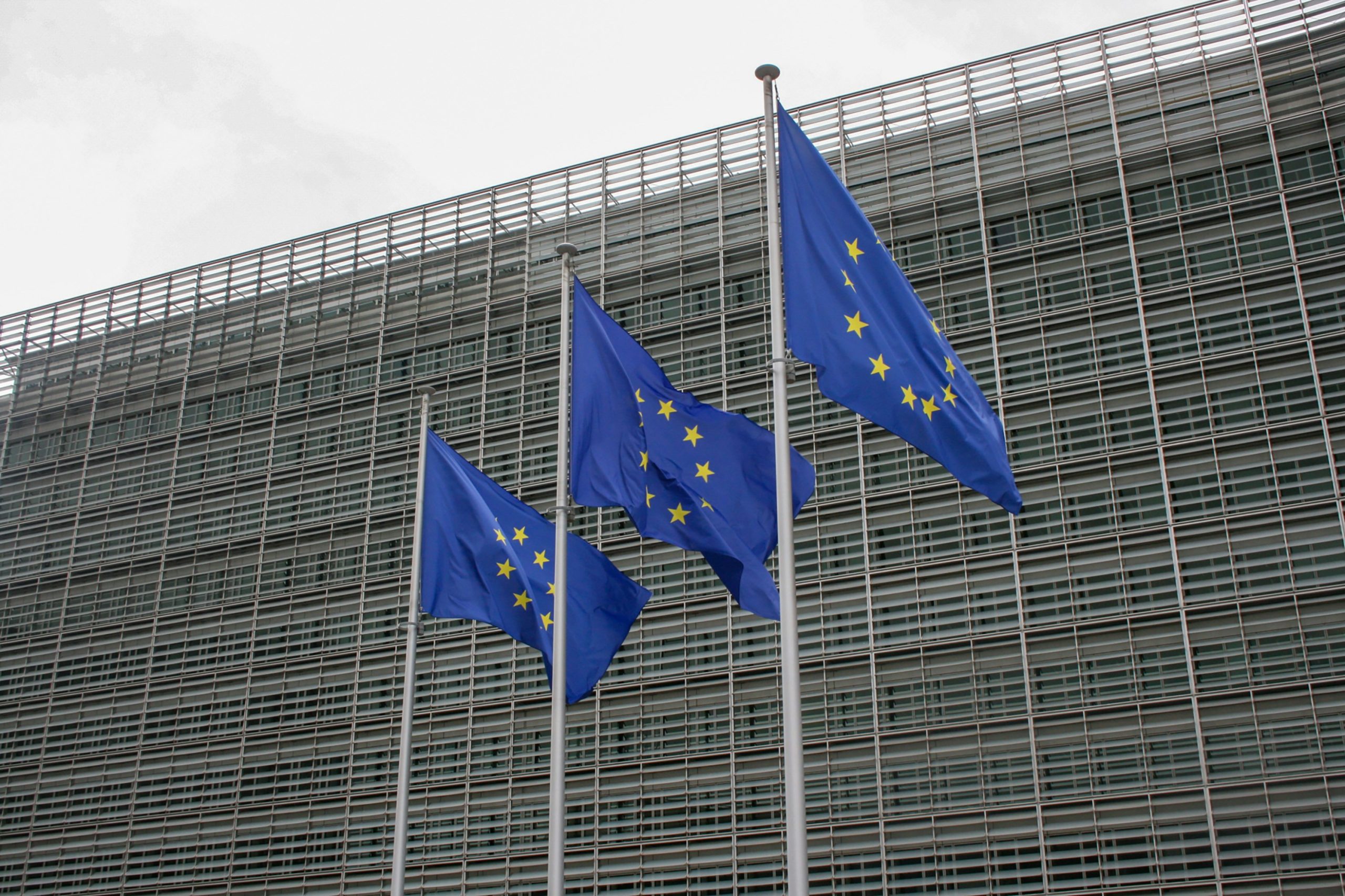
Time for sanctions to dissuade
Rules must make a mark against malpractice.

As the first fine issued under the Digital Markets Act (DMA), the Commission has found Apple liable for a €500 million fine for breaching rules via their app store, while Meta is liable to a €200 million fine for their advertising malpractice (via the pay or consent model). Having advocated for strong deterrents against company misconduct through the DMA, we welcome the Commission’s decision to take action against both.
Not surprisingly Meta have, in their response, shown their continued desire to grovel to Donald Trump, distain for European law and disregard for consumers through labelling the upholding of laws as “tariffs”, while Apple have accused the Commission of “moving the goalposts” through issuing this fine. Both have stated their intention to appeal the decision, yet have also received a reprieve from the Commission (an investigation into Apple’s compliance on browsers and default apps has been dropped, while Facebook marketplace now no longer fits under the remit of the DMA).
In a market of monopolies, we welcome the Commission taking action against two of the globes serial offenders, though lament the fact that Apple’s fine represents just 0.225% of their European turnover last year, while Meta’s equates to around 7.97%.
As these tech companies continue to flout European rules in a period of political instability, the Commission is right to hold them to account, and must continue to do so in order to make these sanctions dissuasive.
Affirmative action cannot be a one-off.
With that in mind, a solution has been proposed by German MEP Rasmus Andresen (Greens/EFA) in collaboration with CEPS. Their report, Towards a European Digital Services Tax: Renewing the momentum for a fair contribution, outlines the potential to raise more than €35 billion a year through a 5% tax on large ‘tech’ companies, which would represent almost 19% of the EU budget for 2025 and around 8% of corporate tax revenues in 2023.
Targeting only large companies through the introduction of sales thresholds, the tax should cover, amongst others, the monetisation of user data, online transactions and digital advertising.
Far from being a money saving exercise, such a levy would allow Europe an opportunity to ensure the protection of competition law and consumer rights, along with providing a pushback from the tech oligarchy currently aiding the destabilisation of American political life.
We are strong supporters of the Commission enacting sanctions where wrongdoings occur, though encourage a more long-term approach to a problem which is not going away.
